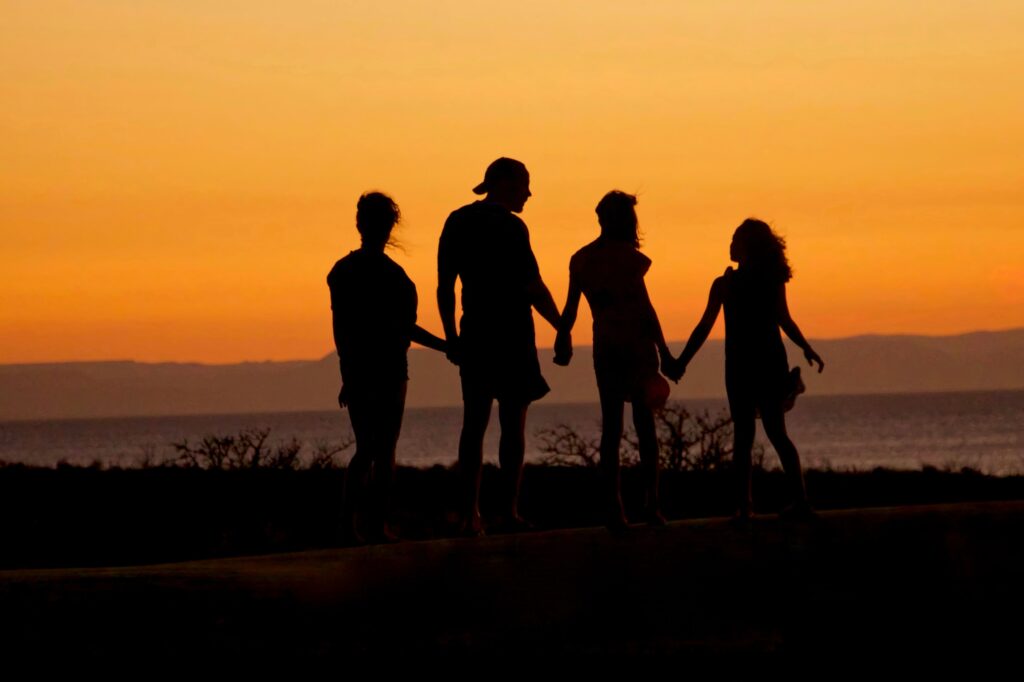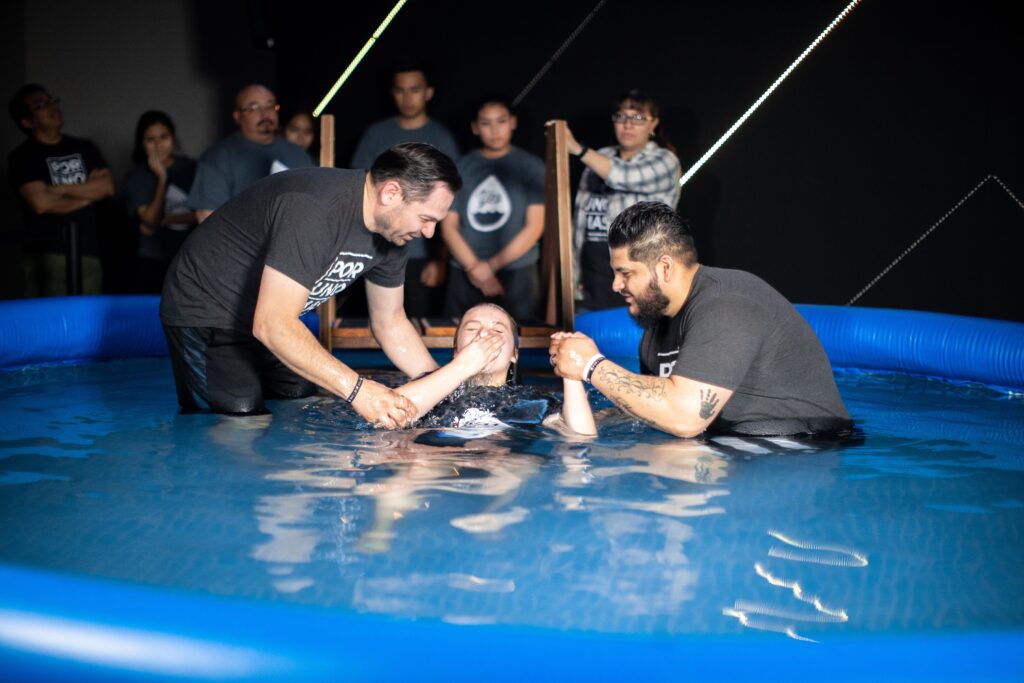One of the great blessings of our married life was God giving us our son, Caleb.
At ten days old Caleb came to live with our family and his adoption was finalized nearly a year later. He has brought joy, encouragement, purpose, challenges and untold blessings to me and my wife and his sister. We never imagined adoption and thought that Brittany would be our only child.
In the early months of the process, we were ecstatic. We brought Caleb with us to summer camp in Poland when he was a few months old. The camp had about one-hundred children. The churches sponsoring the camp had raised money in their congregations and provided scholarships for about thirty children from orphanages in their city.
On Monday when the camp launched, we had an evening worship service and the Director of the camp mentioned that we had adopted Caleb.
The next morning was heartbreaking. There was a knock on the door and when I opened it there was a line of children standing in the hallway. The first in line stepped inside and told us she was an orphan and wanted us to consider adopting her.
The line of children outside the door was made up of those orphans all seeking a family to take them in. We brought all the children inside and talked to them.
Our hearts desire was to take them all in but that was not possible; emotions flowed and tears followed. It was truly heart wrenching to see the intense desire each child had to belong to a family.
This desire to belong and be part of a family, particularly God’s family is still the desire of many children and adults around the world today. Genuine loving relationships where identity, value and purpose can be experienced are sought after and treasured among all children.
This is the underlying issue around the second participle in Matthew 28:16-20; where we turn our attention.
Joining the Family


Marina was a precious young girl with special needs living near Grodno, Belarus, a small country east of Poland and a former republic of the USSR. Belarus was pounded by the 1986 Chernobyl nuclear disaster, and even today nearly one in five children suffer as a result of that disaster.
When EGM met Marina, she was twelve years old, bound to a wheelchair, barely able to speak, and, because of her nine crippled fingers, typing with only her right pinkie finger. Our ministry had inspired a local church to reach out to children with special needs, and we provided materials and training for that outreach.
A church member told the children’s workers in the church about Marina and her mom. When they reached out to Marina and invited her to church, they didn’t know that she and her mother were trapped in a fifth-floor apartment in a building with no elevator.
Not to worry! Each Sunday, men in the church went to the block house and carried Marina and her wheelchair down the five flights of stairs to a van and then drove to church.
At the church Marina began to participate as much as she could in the various ministries for children. When she heard the gospel, she gave her life over to Christ. When she learned about baptism, she asked the pastor to baptize her. And when the pastor asked some questions, Marina was able to haltingly share both her understanding of the gospel and her personal testimony.
Since Marina was a child, the pastor felt the need to consult with the mother. (As is too often the case in Belarus—and everywhere else around the world—the father had abandoned the family.) When the pastor made his inquiry, the mother didn’t know what baptism was, and she had very little understanding of Christianity.
But she did know that the church had showed unconditional love to her as well as to her daughter. She also realized that Marina felt like the church was becoming her family.
As a result, both the mother and Marina began attending the church, and in a few months the mother also gave her life to Christ. The mother and Marina were baptized, and they have become actively involved in the church family.
God used the church family in the life of Marina, and then He used Marina in the life of her mother. After going to Marina with the gospel message, she was baptized into the family of God—and her mother with her.
For Marina and millions of other children the good news is that through faith in Christ they can experience the forgiveness of sins and become a member of God’s family! Next week we’ll look at the third and final element in Jesus’s teaching on “making disciples”!

Right here is the perfect site for everyone who wants to find out about this topic. You realize so much its almost hard to argue with you (not that I really will need toÖHaHa). You definitely put a brand new spin on a topic which has been written about for decades. Great stuff, just wonderful!